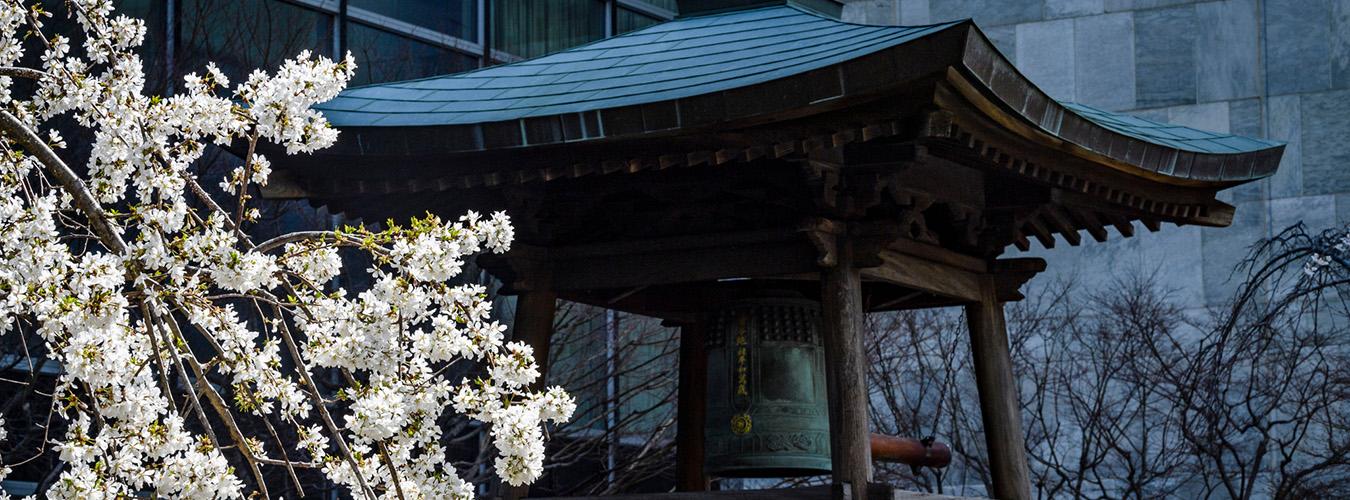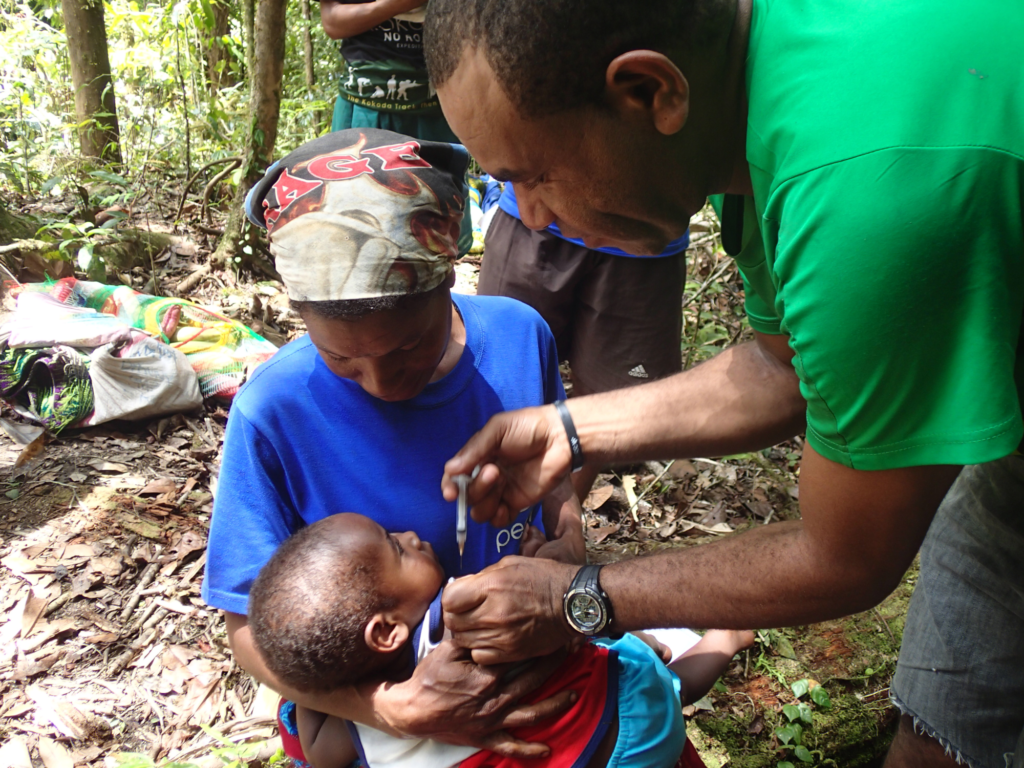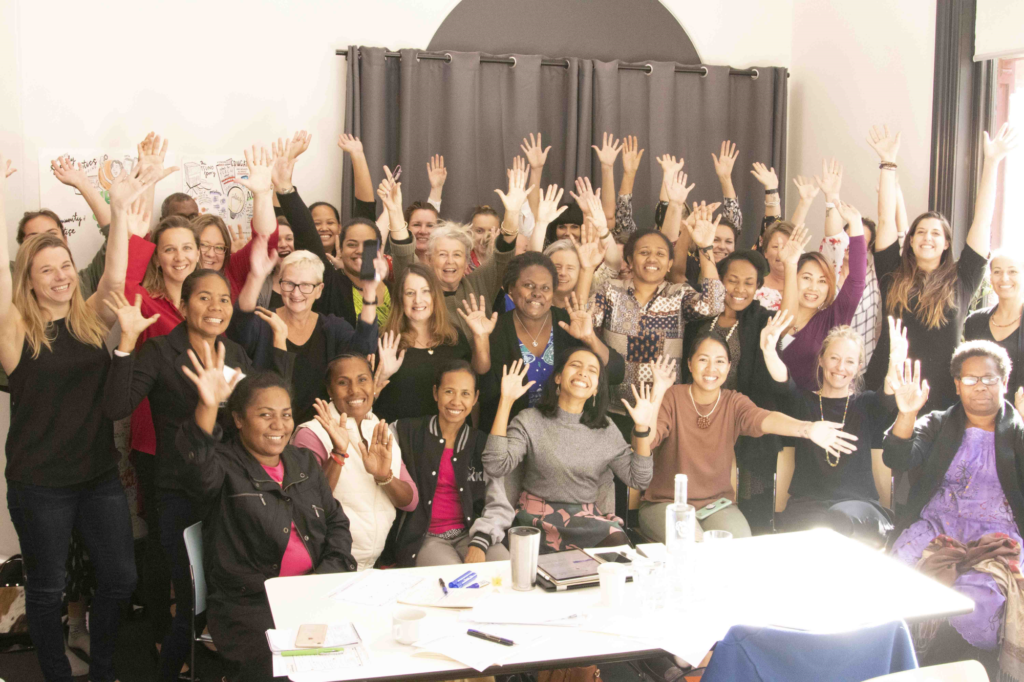

On 21 September 2022, all around the world, humanity will observe the United Nations (UN) International Day of Peace. Since its establishment in 1981, this day has been devoted to strengthening and promoting ideals of non-hatred, non-violence, and peace between all nations and peoples. In 2001 a unanimous vote by the UN General Assembly also saw this day mark a call for global ceasefire and engagement in peace-building activity.
The International Day of Peace does not just call on those engaged in conflict to set down arms. It makes a wider call to all global citizens to put differences aside and consider their role in the prevention of racism, discrimination, violence, and war. Violence is rife around the world today, from Russia’s invasion of Ukraine, territorial disputes in the South China Sea, continued wars in Afghanistan, Yemen, Ethiopia, and other ongoing ethnic, religious, and political conflicts across South Asia, the Middle East and Sub-Saharan Africa. These conflicts have social and economic impacts that reverberate across the globe.
In observing this day, we are encouraged to recognise that although not all of us are at war, war impacts us all, and each one of us can play a small part in reducing violence and promoting peace.
This sentiment is especially pertinent this year with the International Day of Peace theme: End Racism. Build Peace. UN Secretary-General António Guterres reminds us of the intractable relationship between racism and violence, stating that, “[Racism] destabilizes societies, undermines democracies, erodes the legitimacy of governments, and stymies an inclusive and sustainable recovery from COVID-19. Racism is also a catalyst of coarsening public discourse that normalizes hate, denies dignity, and spurs violence.”[1] On behalf of the UN, Guterres calls on all Member States to take concrete action – nationally and globally – to ensure all people can enjoy freedom from conflict.
Tetra Tech International Development Asia-Pacific, like all international development practitioners, has a particular responsibility to uphold this commitment to anti-racism and non-violence across all our engagements, and to use our collective voice to drive positive change. Abroad, our work spans the Indo-Pacific and includes many post-conflict states, and we have the opportunity to facilitate and co-create solutions to the intractable social and economic challenges brought by division, violence, and war. We work in conflict and gender sensitive ways and are guided by a number of policies and procedures on localisation, reconciliation and do no harm. At home, we have a voice as stakeholders that can shape Australia’s national and transnational approach to foreign affairs and defence statecraft. Across all that we do, promoting diversity, equality, and peacebuilding must be an inviolable principle. We do this in solidarity with those currently experiencing conflict, and all who have survived it.
United Nations events
Like all those before it, the observance of this day began with the ringing of the Peace Bell by Secretary-General and President of the General Assembly António Guterres at the UN Headquarters in New York City. Following that, a Youth Observance was held in the Economic and Social Council Chamber, where over 500 students interacted with the Secretary-General, high profile artists, and activities. The students presented projects that illustrate the action they have taken to combat racism and foster peace. Any who wish to watch the bell ringing, or the Youth Observance can do so via the UN website.
[1] United Nations (2022) Secretary-General’s Remarks to General Assembly event on the International Day for the Elimination of Racial Discrimination, 18 March 2022. New York.
Feature image by Manuel Elías/UN Photo: The Peace Bell, donated by the United Nations Association of Japan in 1954.


